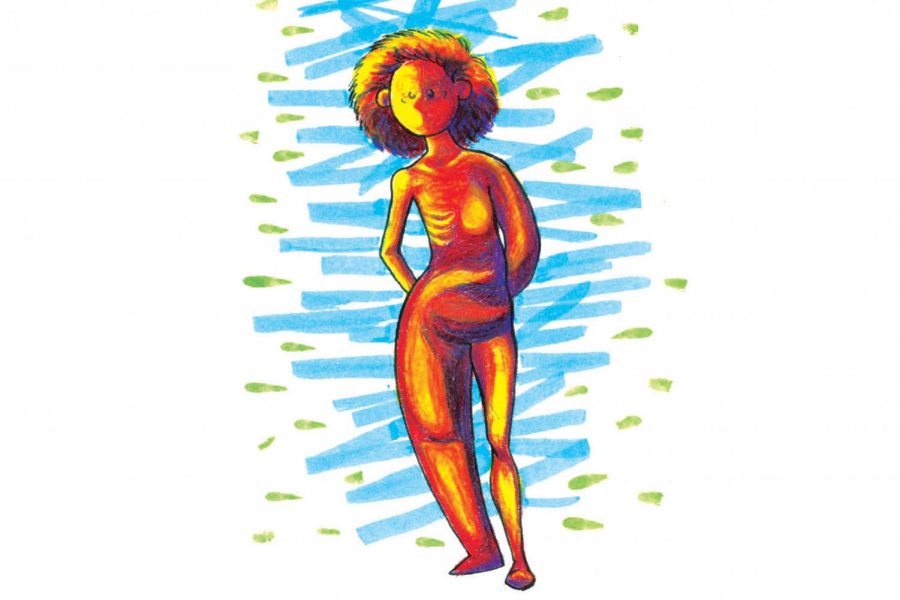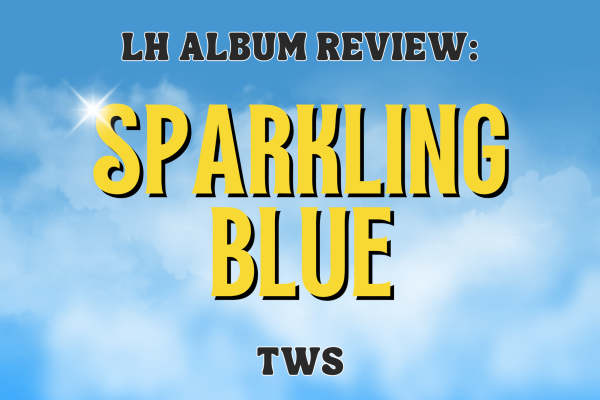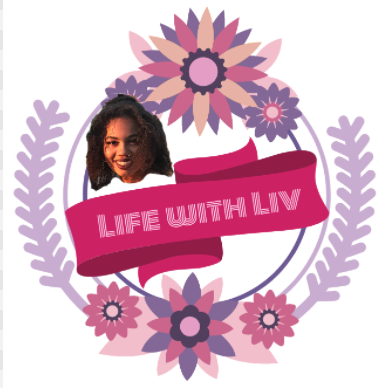To Thine Own Self Be Cruel
Body Dysmorphic Disorder (BDD) is a condition about which many are not aware.
It is safe to say I have a theatrical personality. I have always been addicted to the unreal: the idea of pretending I am someone I am not, the thrill of donning a costume and transforming entirely. But my love of theater has a much bleaker origin than a knack for dress-up. I was enraptured by the stage because, my whole life, I had been trying to hide parts of myself from the world. When I showed them, it hurt, but the deeper I hid them, the worse it felt.
Throughout the epoch of puberty, most of us suffer from that awkward phase where we hate the way we look, sound, walk, or behave. Generally, this has only a moderate impact on one’s life, and disintegrates (to an extent) following physical maturity. For me, this has not been the case.
My body feels like a nightmare. I find it difficult to be happy because I’m so disturbed by my physical appearance. Significant achievements like acing a test or getting a part in a play often feel meaningless because they don’t change what I look like. I used to take bizarre measures to camouflage my fears. My wardrobe once consisted of obscuring black leggings and ill-fitting sweatshirts. I developed disordered eating habits, skipping meals and envying anorexia. I couldn’t look at mirrors or pictures of myself, I didn’t go swimming, and most mornings I’d be fighting back tears as I tried on infinite permutations of outfits.
To make matters worse, I felt ashamed for feeling ashamed. I was aware that everybody had things about themselves they wished they could change. So, pretending that my life wasn’t being destroyed by the hyperfixation, I convinced myself I was just being overdramatic.
Body Dysmorphic Disorder is a mental illness where a person is chronically obsessed with a perceived flaw in their appearance. To the general public, this flaw goes unnoticed or seems rather unremarkable—but to the one suffering the condition, it is the epicenter of their entire universe. Some common hyperfixations are one’s hair, skin, weight, or muscle mass, but it could be centered on any insecurities. The difference between BDD and a normal insecurity is the fact that it severely debilitates a person’s ability to lead a normal life—preventing one from engaging in social situations, looking at pictures of oneself, or feeling happy, successful, and fulfilled in general.
BDD is, in fact, a fairly common disorder, affecting about one in every 50 people. It often accompanies depression, eating disorders, OCD, anxiety, and perfectionism. There is no real cure, as it stems from a base of self-consciousness and insecurity, and instead can only be improved with therapy and awareness.
A few years ago, my mom came across an article on BDD and, knowing how much I was struggling, recommended I read it. Instantly, everything clicked. Knowing that there was a scientific name for what I was feeling, and that it wasn’t just some twisted form of narcissism, was enough to make all of my problems feel infinitely less impossible to overcome. I began to understand myself better. Being aware that I couldn’t help myself from thinking that way was enough to start helping me counteract that thinking.
By no means am I over this disorder—I still have trouble seeing pictures of myself, get finicky about what I eat, and opt out of social situations—but I like to think that I am at least getting better. In the past few years, I’ve become more outgoing and expressive. To fight BDD, I create. I put careful consideration into the clothes I wear so that it is easier for me to feel confident in myself, exploring my own styles and having fun with fashion. I immerse myself in theater because it is a world where whatever is “real” doesn’t matter, and because acting brings me joy. I have delved into studying art because it is a way I can express myself confidently while also creating something others can connect to.
We learn about eating disorders and depression in health class, but we never learned about BDD. To those who suffer or believe they suffer from this disorder, I personally recommend therapy, confiding in trusted friends, and filling your free time doing things you are good at. When so many people suffer from a condition that makes them feel so misunderstood, it is necessary to normalize talking about it.
Your donation will support the student journalists of Iowa City High School. For 2023, we are trying to update our video and photo studio, purchase new cameras and attend journalism conferences.















































